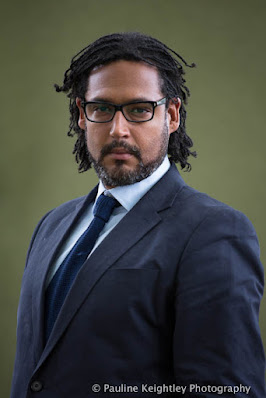Tory MP Tony Hayes claims that, Welsh and Scottish identities devalues British identity.
Scottish self-determination is about how we are governed – not from the centre but locally, by those who understand Scotland’s needs and concerns. Cleary though if England/ Britain regard Scotland as a colony – and not an ancient nation – they want Scottish identity supressed. Just as they did across the empire.
But also if we look across the world, we can see that identities can co-exist. In Scandinavia there is a strong identity as a Nordic states, but people also feel Norwegian, Swedish, Danish and Finnish. They learn many languages from a young age.
In America, people firstly feel New Yorkers, Texans, mid Westerners, Californians – while they also hold a firm allegiance to their country of American states – united in their belief in liberty for all and the pursuit of happiness, freedom and democratic principles.
So what of the British isles? We will always be connected by geography and family ties. A major factor is the narrative of the British empire over recent centuries – with the British monarchy still head of state today across the English speaking world. Britain imposed its culture on many far away lands and islands. Teaching Caribbean islands poems such as Wordsworth To a Daffodil, even though they’d never seen one! Teaching Irish children about English rivers and Scots about English kings. Britain became dependant on exploiting other nations. Instead of replying on its own resources.
There’s this narratives of empire here UK – from the Romans, Ottoman, Hapsburgs, from our historic past. Many of us now hope the EU is a new model – one in which each nation retains its sovereign laws and rights of self determination, while working together collaboratively for trade, defence and security. While there remains threats of out-dated dictatorships across the world, which threaten our democracies.
Scottish independence is in no shape or form about Scotland not wanting to be good neighbours and friends with England, Ireland and Wales. The present voting system in Britain is not a democracy. It’s a fake.
Some here in Britain continue to believe in ‘centralized’ governance, as being most efficient. Surely what’s required is environmental regulations and some joined up thinking, with laws, training and quality assessment (NHS say) and high standards in education. They believe in top-down control, rather than equal rights. We are all equal under the law – or should be. With the familiar cries of the “previous government has ruined the economy.”
But where is the money if Britain is a rich country?? Labour continue the austerity project and false claims of no money.
















